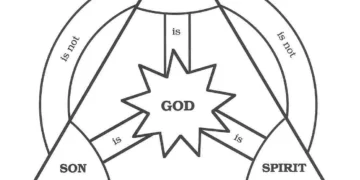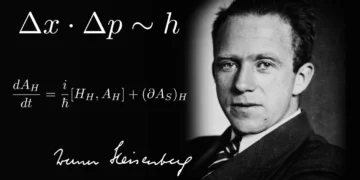Antisemitism, the age-old prejudice against Jews, continues to persist in the United States despite advancements in acceptance and inclusivity. This deep-rooted bigotry strikes at the heart of a diverse and democratic nation, undermining the principles upon which it was built. In this journalistic article, we delve into the prominence of antisemitism in the USA, examining its historical context, identifying the perpetrators, and proposing strategies to combat this insidious hatred.
Historical Context
Antisemitism in the USA has a dark history that traces back to early European settlement. From discriminatory practices and exclusionary policies to conspiracy theories and scapegoating, Jews have faced prejudice and persecution throughout the nation’s history. Even in recent years, hate crimes targeting Jewish individuals and institutions have seen a rise, emphasizing the ongoing struggle against antisemitism.
Perpetrators of Antisemitism
Antisemitism manifests in various forms, perpetuated by individuals, organizations, and even within the depths of online platforms. Far-right extremist groups continue to promote anti-Jewish ideologies, spreading conspiracy theories and promoting hate-filled rhetoric. Politicians with dog-whistle tactics and populist leaders exploiting anti-establishment sentiments have also contributed to the proliferation of antisemitism. Additionally, some segments of radicalized religious groups have propagated dangerous beliefs founded on intolerance and prejudice.
Online Platforms and Social Media
The rise of social media has amplified the spread of antisemitism, providing a platform for individuals and hate groups to disseminate their toxic ideologies. Extremist websites, forums, and social media spaces serve as breeding grounds for conspiracies, hate speech, and disinformation targeting the Jewish community. Online harassment and threats have become pervasive, further fueling a climate of fear and reinforcing harmful stereotypes.
Education and Awareness
Combatting antisemitism necessitates ensuring inclusive education that actively addresses the history, contributions, and experiences of Jewish people. Educators must foster empathy, critical thinking, and cultural understanding to challenge stereotypes and prejudice. Community organizations and religious institutions can collaborate to promote interfaith dialogue and create platforms for open discussions that cultivate respect and tolerance.
Legislative Measures
Stricter legislation and robust enforcement mechanisms are vital to counteract antisemitic incidents. Hate crime laws should be consistently applied, and reporting mechanisms should be easily accessible to victims. Additionally, governments must allocate resources to support law enforcement agencies in investigating and prosecuting antisemitic acts. Public officials should take a firm stance against hate speech and bigotry, both in their own rhetoric and by actively condemning it within their constituents.
Interfaith and Intercommunity Engagement
Building bridges between religious communities through interfaith dialogue, collaboration, and shared activities can help combat antisemitism. By fostering connections and dispelling myths and misconceptions, individuals from different backgrounds can find common ground and stand united against hate. Collaboration between Jewish organizations and other marginalized communities can promote a collective effort against bigotry and discrimination.
Media Responsibility and Countering Disinformation
Media organizations play a critical role in countering antisemitism by responsibly reporting on incidents, engaging in fact-checking, and refusing to amplify hate speech. Journalists should prioritize accurate and unbiased coverage, working towards dispelling stereotypes and challenging prevailing narratives that perpetuate antisemitic tropes.
Still A Troubling Reality
Antisemitism remains a troubling reality in the USA, but solutions are within reach. By understanding the historical context, identifying the perpetrators, and implementing strategies such as education, legislative measures, interfaith engagement, and media responsibility, we can work together to eradicate this persistent hatred. The fight against antisemitism calls for collective action, fostering a society built on respect, empathy, and justice. In the pursuit of true equality, we must confront the darkness of prejudice and ensure that every individual, regardless of their religious background, can thrive in a nation that cherishes diversity and upholds the values of tolerance and inclusivity.
















































































